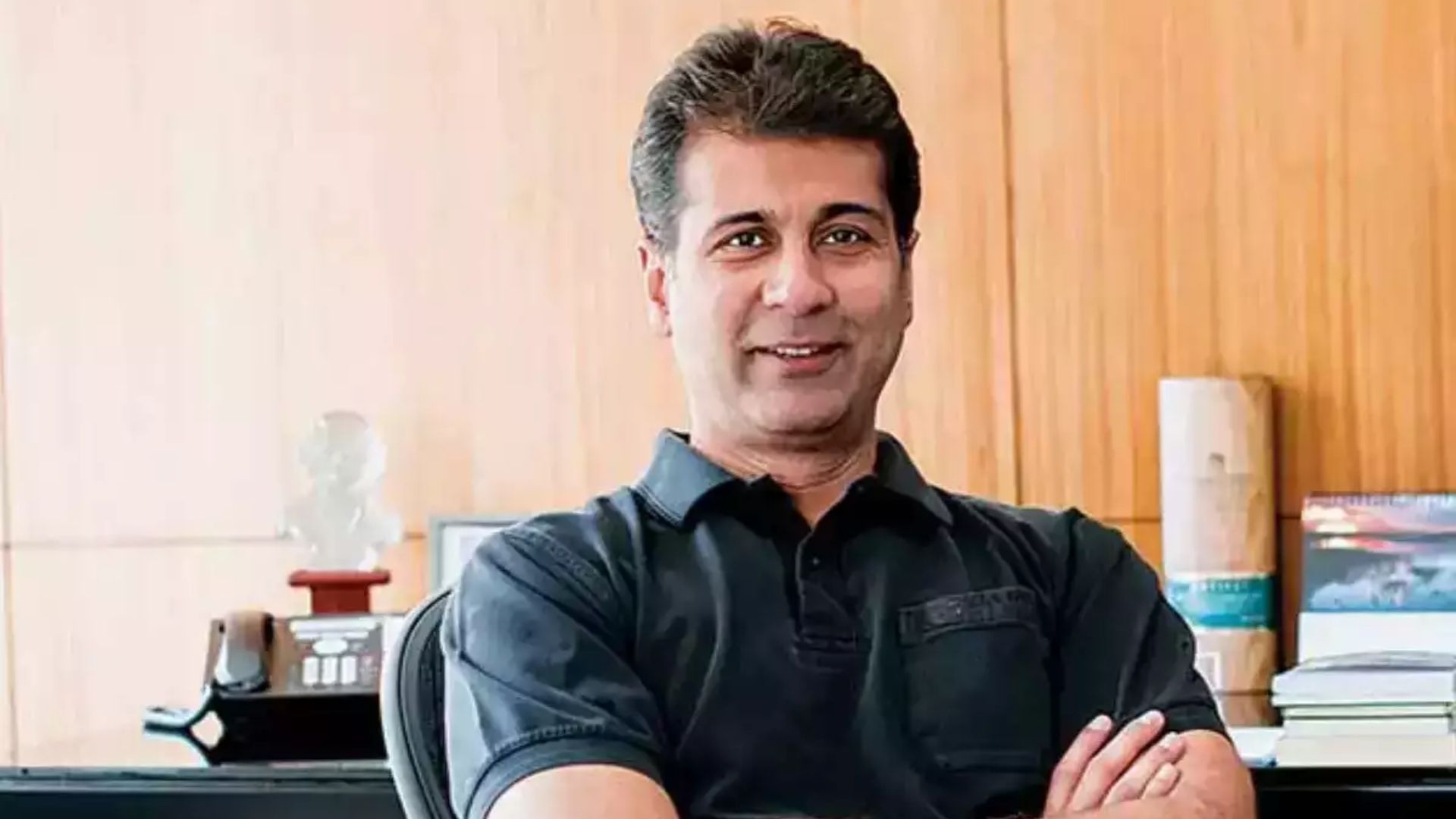Source : PTI | Bajaj Auto Managing Director Rajiv Bajaj on Friday suggested that the government review GST rates on vehicles powered by clean fuels. At the launch of the first integrated motorcycle Freedom 125 here, Bajaj also voiced concerns about the use of “unsustainable subsidies” to promote electric vehicles (EVs).
Earlier, he, along with Union Minister for Road Transport and Highways Nitin Gadkari, launched the world’s first CNG-run bike in three variants at a starting price of Rs 95,000 (ex-showroom).
“I would call it a suggestion that the government should seriously review GST rates… Just as they’ve done the right thing with the 5 per cent GST for electric (vehicles),” Bajaj said.
He said in the major two-wheeler markets in Latin America and ASEAN countries, the equivalent of GST was 8-14 per cent and almost without exception, the GDP per capita was equal to, or higher, in these countries than India.
“So, the aam aadmi (common man) of India is the one who can afford the least out of Thailand, Malaysia, Indonesia, Brazil, etc. Then what is the logic, justification of 28 per cent GST,” he asked.
According to Bajaj, there is no party happening in the EV segment as of now.
Bajaj said the company has played its part by keeping the prices of the new motorcycle below Rs 1 lakh (at the lower end of the range) and was of the opinion that government should also now do its bit with lower GST.
“How can sustainable technologies be promoted by unsustainable subsidies, not only in India but worldwide… we want freedom from all of this,” he said.
Terming the launch as a “game-changer”, Bajaj said, “Today, the message with the Freedom bike is Tiger Zinda Hai.”
Speaking at the unveiling event, Gadkari said India has recently reached the third spot in the global automobile industry after the US and China.
“Our automobile industry contributes around Rs 3 lakh crore in terms of GST and employs around 4 crore people,” he said.
The minister suggested that Bajaj Auto should “make it (the vehicle) a 2-litre tank of ethanol, instead of a 2-litre petrol tank, along with the CNG tank.”
He also urged the company to keep the price of the new motorcycles below Rs 1 lakh.
This groundbreaking innovation will revolutionise the two-wheeler industry by providing a cost-effective and environment-friendly alternative to traditional petrol motorcycles, the company said.
Bajaj Auto claimed that its Freedom CNG motorcycle offers about 50 per cent cost savings by significantly reducing fuel expenses, compared to similar petrol motorcycles.
The CNG tank provides a range of 200-plus kilometres on just 2 kilograms of CNG fuel.
Additionally, it has a 2-litre petrol tank that performs as a range extender, offering over 130 km of range in case the CNG tank empties, ensuring an uninterrupted journey.
“The Bajaj Freedom 125 showcases Bajaj Auto Ltd R&D and manufacturing prowess. Through innovation, Bajaj Auto Ltd has addressed the twin challenge of reducing rising fuel costs and reducing the environmental footprint from travel.
“The initiative also aligns strongly with the Government of India infrastructure projects of building a CNG network, driven by the need to use cleaner fuels and save foreign tourism exchange,” Bajaj Auto Ltd Executive Director Rakesh Sharma said.
The Freedom 125 motorcycle will be produced at the company’s Aurangabad manufacturing facility, Sharma said, adding that the initial capacity will be 10,000 vehicles a month and the plans are to scale it up to 30000-40,000 by the fourth quarter of this fiscal.
Sharma added that the company will look at exporting the bike in the next six months.
“Initially, our focus is, of course, India, which is a huge market. But, as we’ve been doing this, six countries come to our mind who have adequate network of CNG. These are Egypt and Tanzania in Africa, Colombia and Peru in Latin America, and Bangladesh and Indonesia in Asia,” Sharma added.











